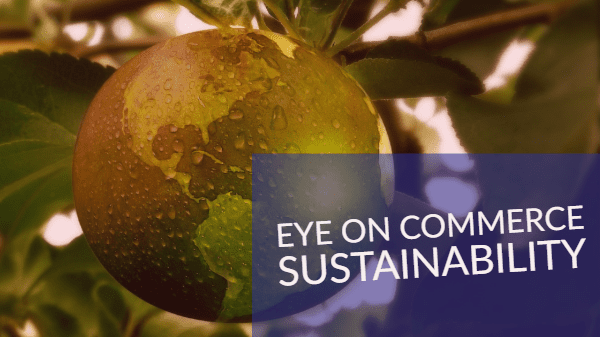
The word “sustainability” is not new to the fresh produce industry, but recently it has taken on greater significance.
Triple bottom line sustainability is gaining traction with consumers and influencing purchases at the retail level.
Research shows that triple bottom line (TBL) sustainability, which includes the economic, environmental, and social actions of a company, impacts consumers’ perceptions of product quality and their willingness to buy. Part of this equation revolves around transparency.
Business research in recent years has demonstrated that consumers have demanded greater transparency from companies and are now more aware of the authenticity of corporate claims.
According to a recent study by Accenture, 63 percent of consumers globally prefer to buy goods and services from companies with a purpose that reinforces their personal values and beliefs.
Further, consumers are ditching companies that do not pursue quality, social awareness, and improvements for the environment.
Demand for transparency is a double-edged sword for companies. On one hand, transparency is beneficial for companies actively pursuing the components of triple bottom line sustainability, or economic, environmental, and social-oriented initiatives.
On the other, it exposes companies to various consequences when things do not go as planned. Adding to this challenge are extended supply chains. Noncompliance has the potential to create vulnerabilities for companies, based on the actions of their suppliers.
This is an excerpt from the most recent Produce Blueprints quarterly journal. Click here to read the full version.
The word “sustainability” is not new to the fresh produce industry, but recently it has taken on greater significance.
Triple bottom line sustainability is gaining traction with consumers and influencing purchases at the retail level.
Research shows that triple bottom line (TBL) sustainability, which includes the economic, environmental, and social actions of a company, impacts consumers’ perceptions of product quality and their willingness to buy. Part of this equation revolves around transparency.
Business research in recent years has demonstrated that consumers have demanded greater transparency from companies and are now more aware of the authenticity of corporate claims.
According to a recent study by Accenture, 63 percent of consumers globally prefer to buy goods and services from companies with a purpose that reinforces their personal values and beliefs.
Further, consumers are ditching companies that do not pursue quality, social awareness, and improvements for the environment.
Demand for transparency is a double-edged sword for companies. On one hand, transparency is beneficial for companies actively pursuing the components of triple bottom line sustainability, or economic, environmental, and social-oriented initiatives.
On the other, it exposes companies to various consequences when things do not go as planned. Adding to this challenge are extended supply chains. Noncompliance has the potential to create vulnerabilities for companies, based on the actions of their suppliers.
This is an excerpt from the most recent Produce Blueprints quarterly journal. Click here to read the full version.
Hannah Stolze, PhD, is associate professor of marketing and supply chain management at Wheaton College in Wheaton, IL. Dr. Stolze earned her PhD in business administration with a concentration in logistics and marketing from the University of Tennessee.



